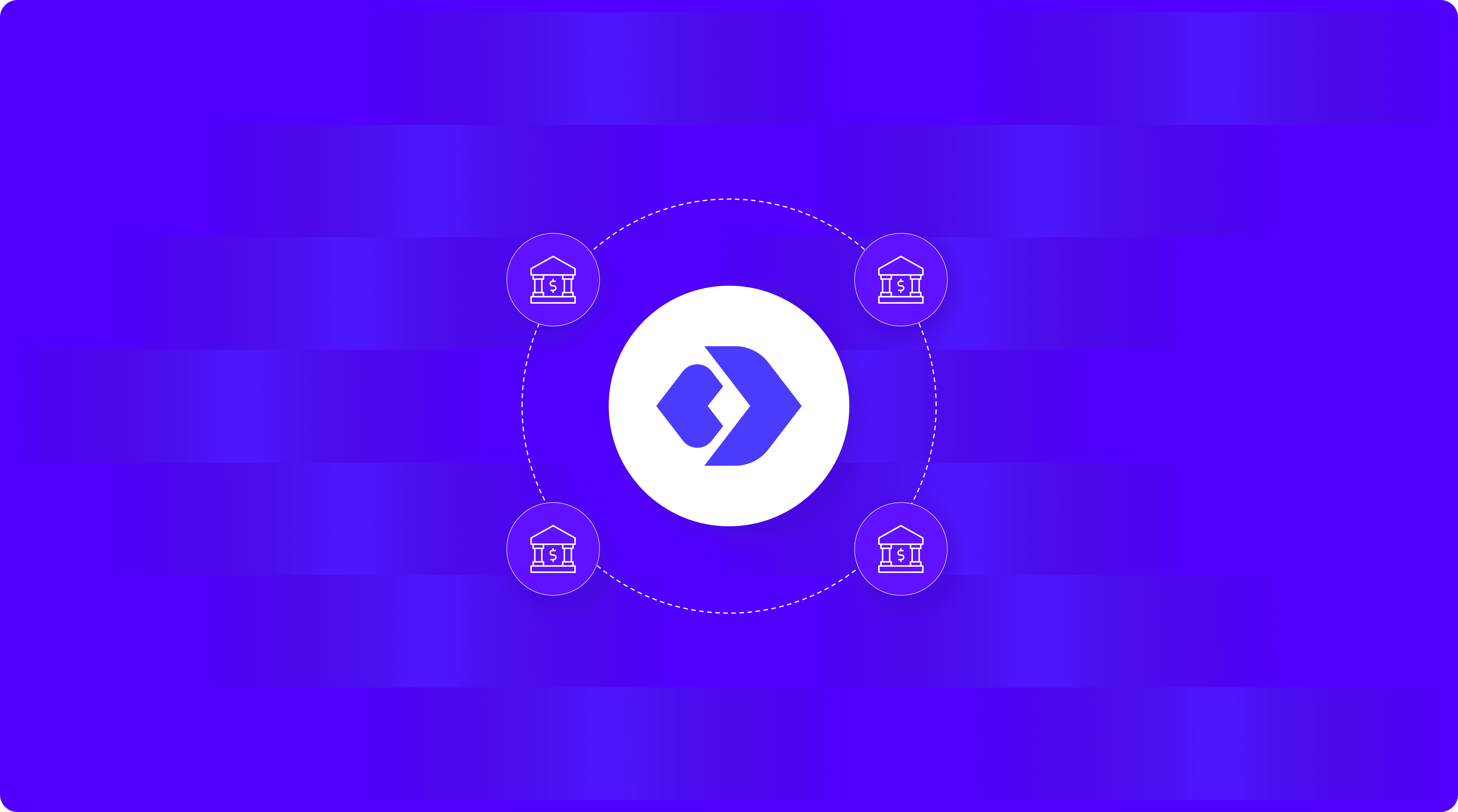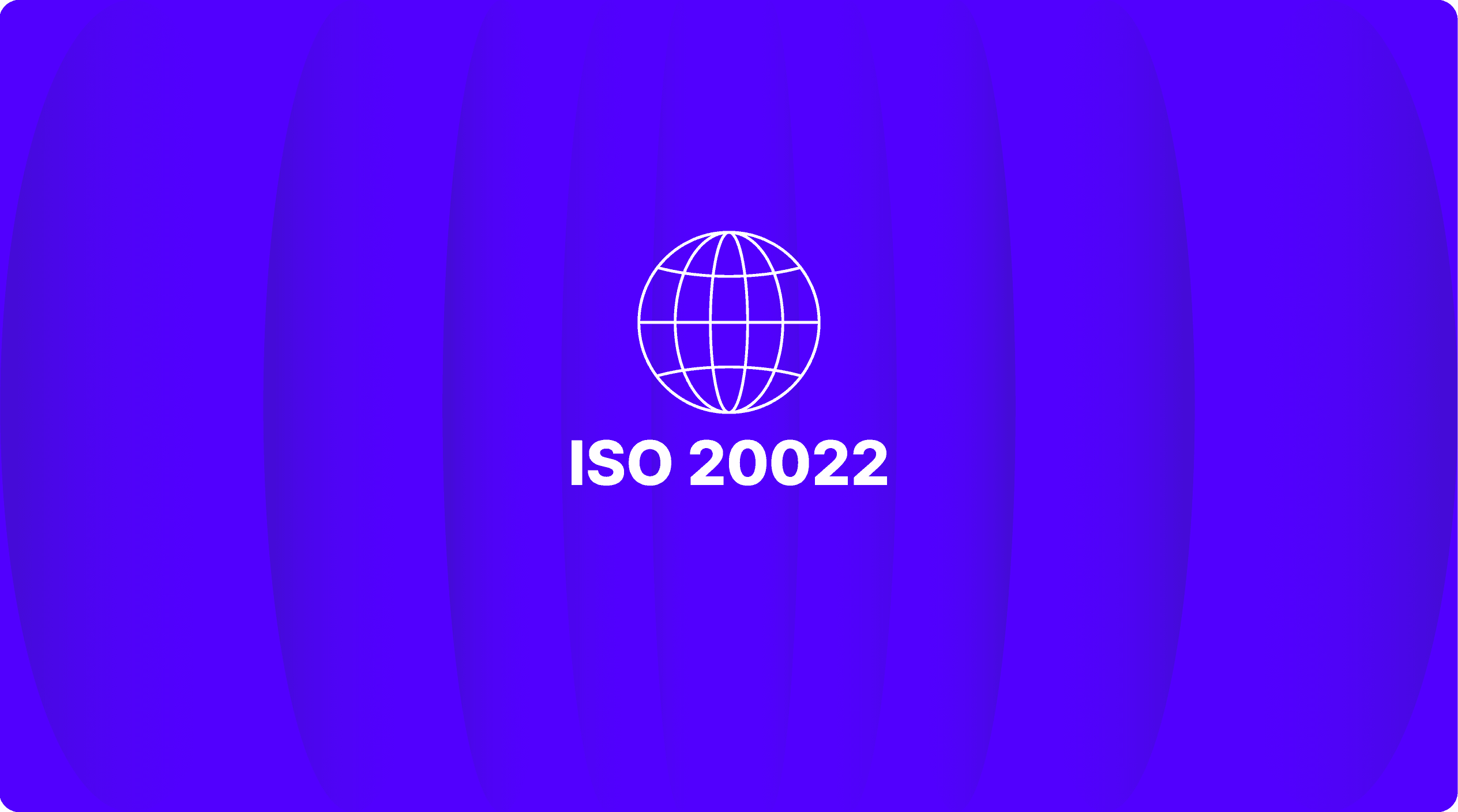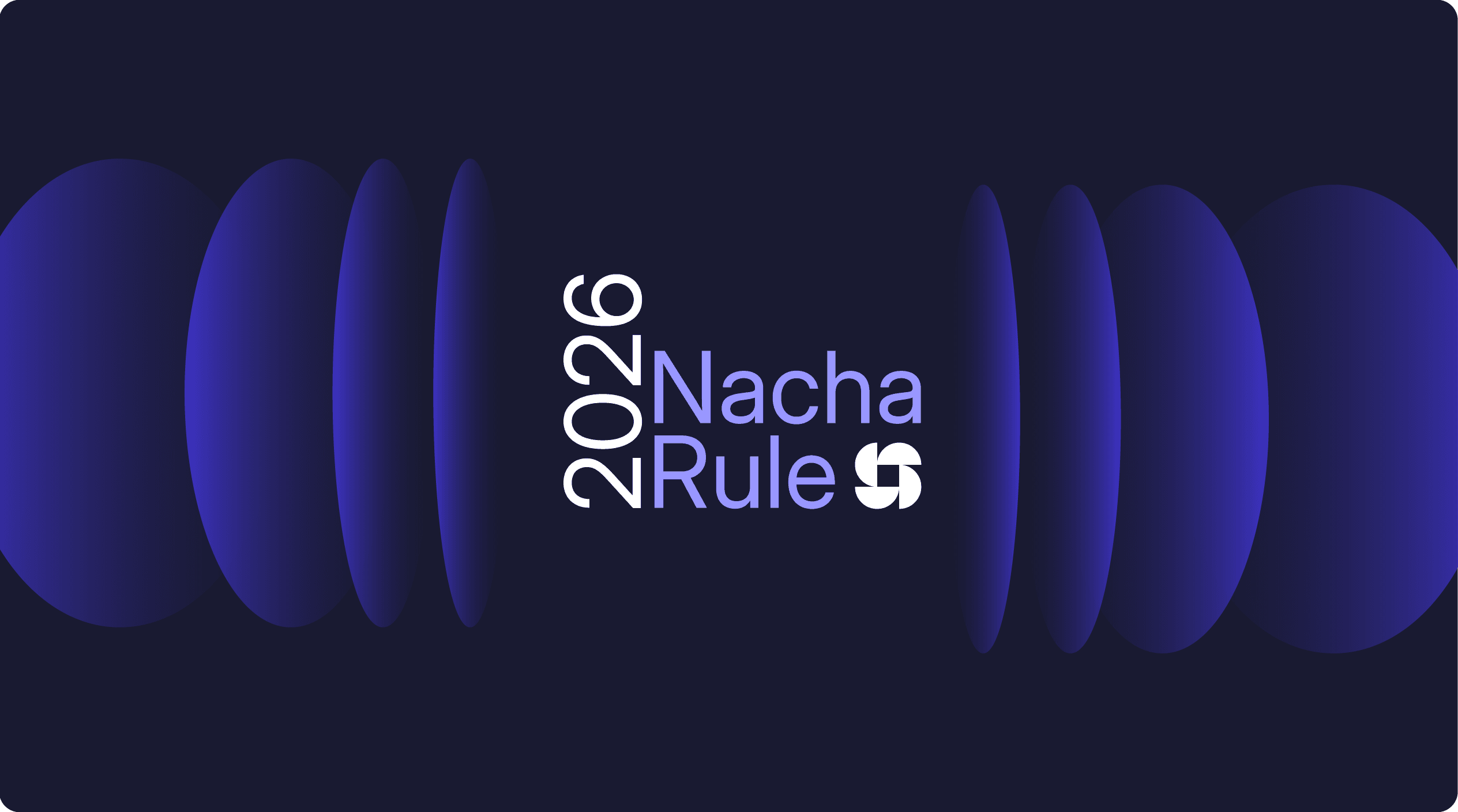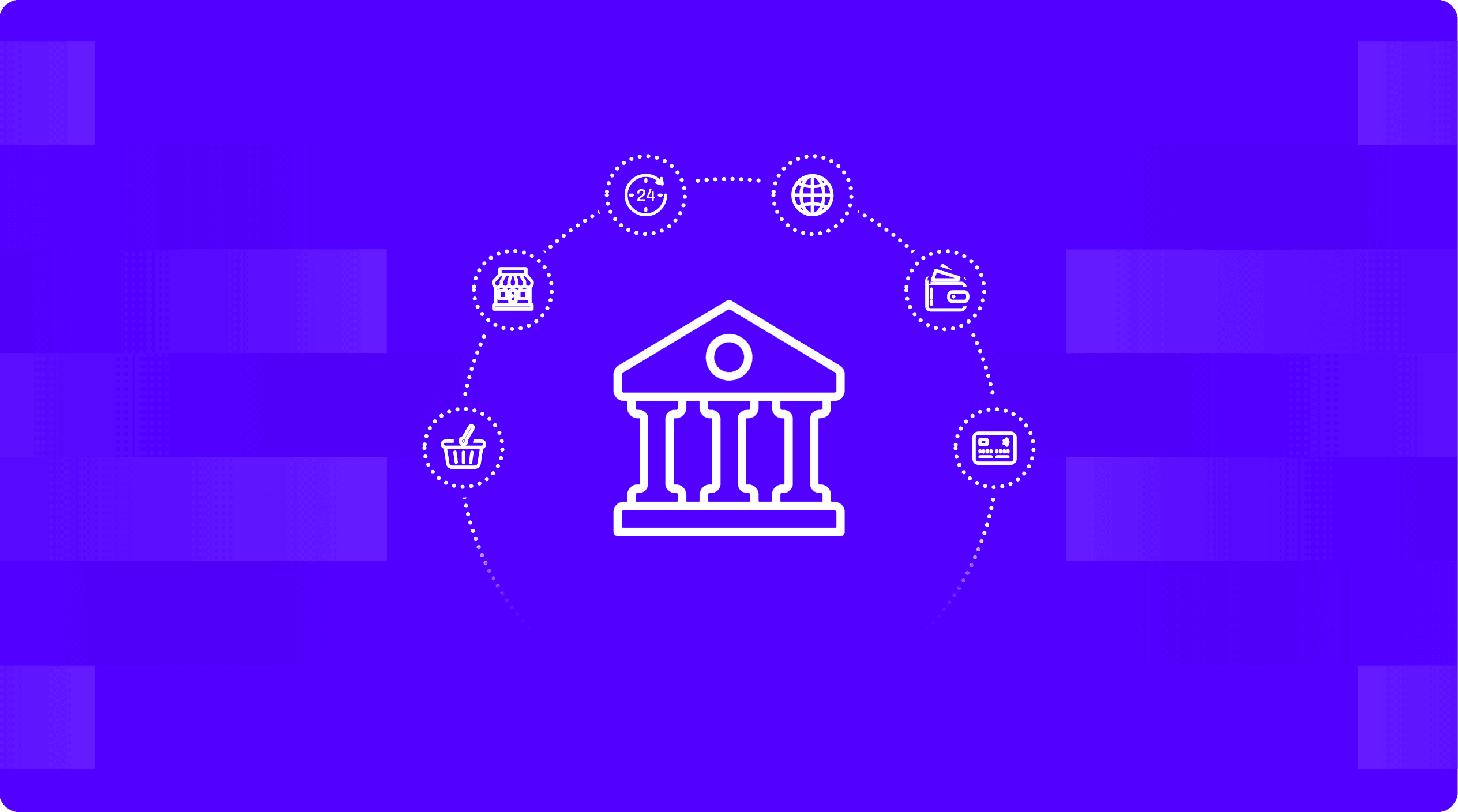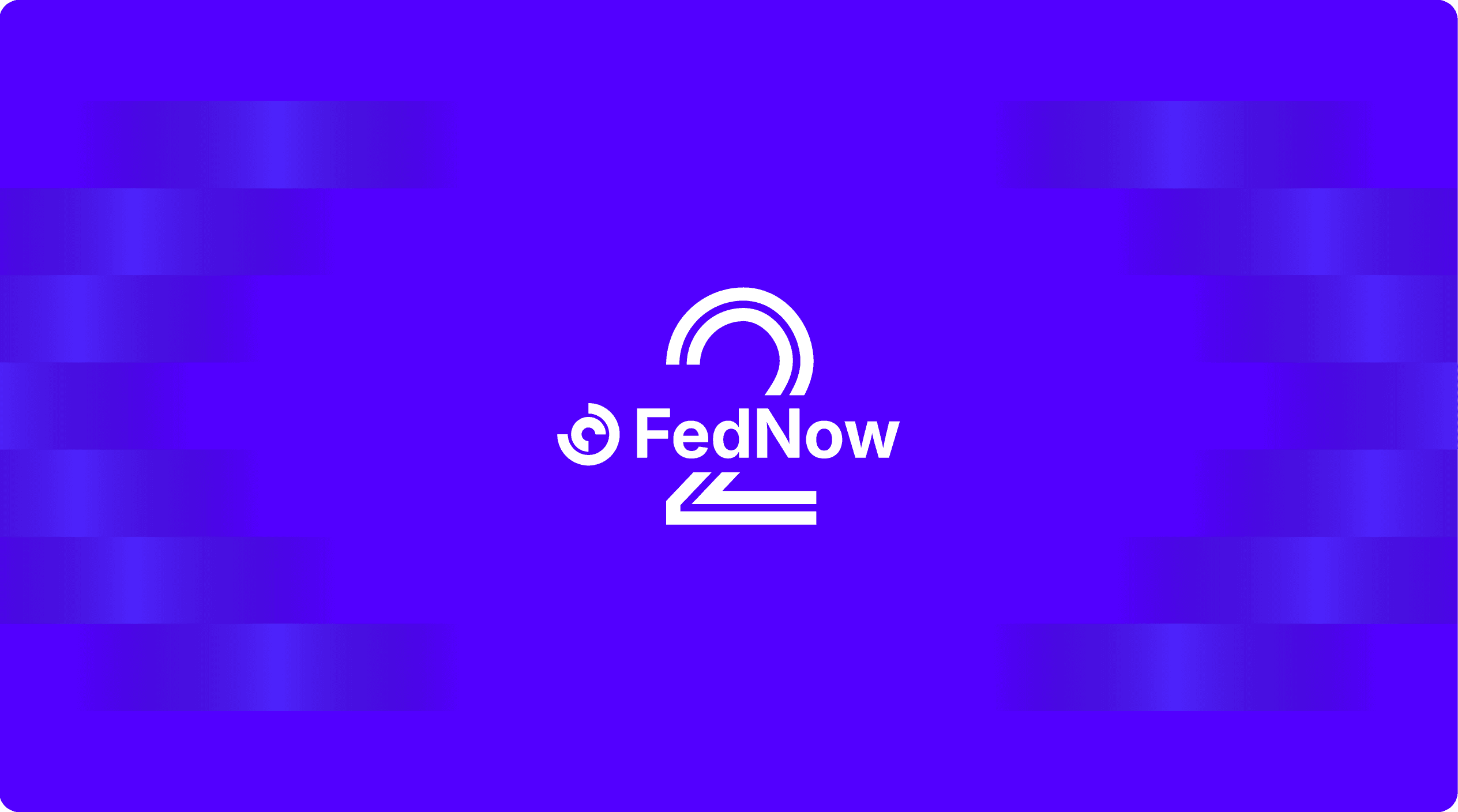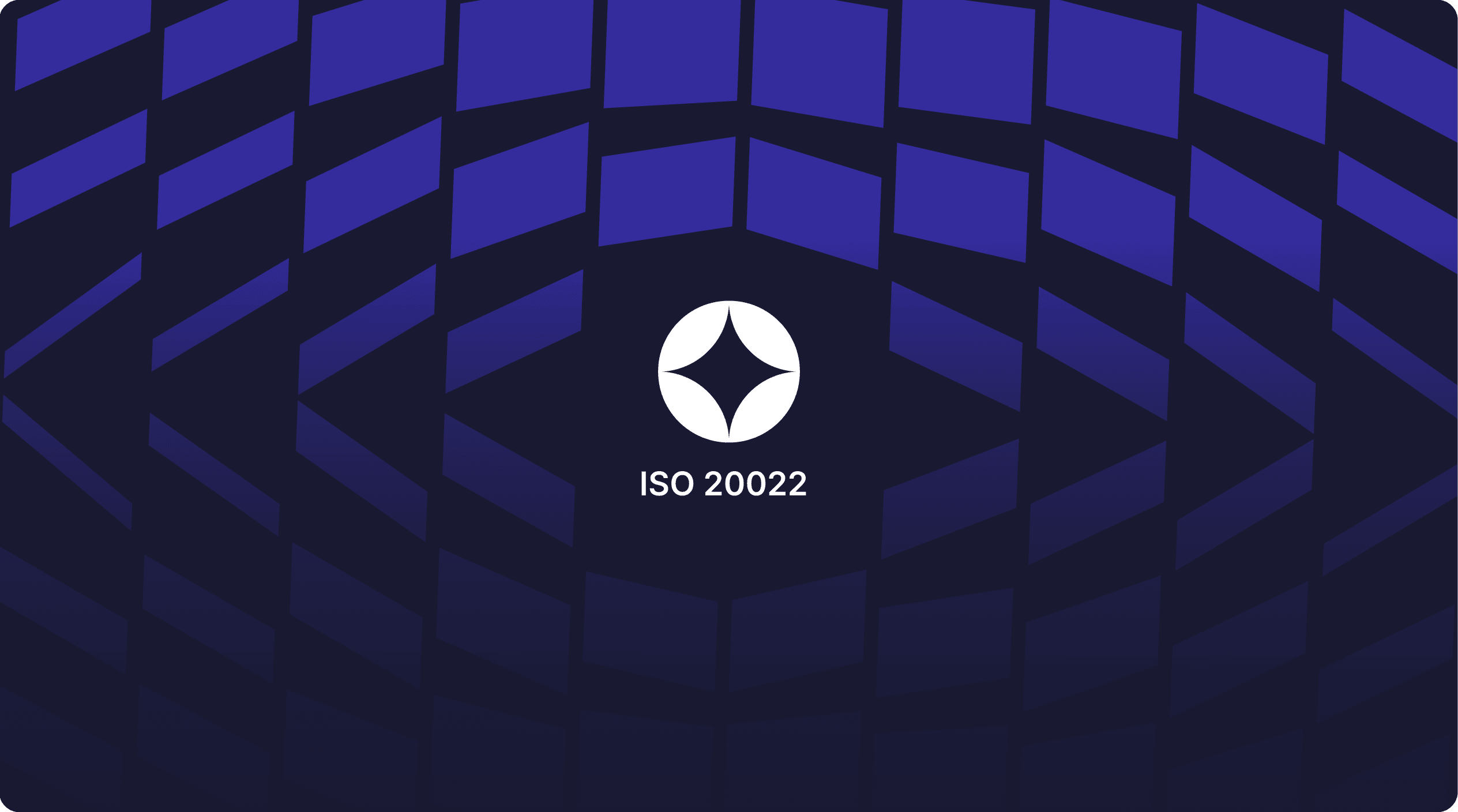ISO 20022 for Fedwire: a strategic imperative for financial institutions
The adoption of ISO 20022 is a crucial development for the financial sector, promising to make payments faster, more transparent, and more affordable. Yet many financial institutions (FIs) have yet to develop a comprehensive strategy or select a vendor partner to assist in the transition. This delay could place them at a competitive disadvantage and expose them to significant operational risks.
The migration represents a transformative shift that will enable FIs to enhance their payment services, improve customer relationships, and generate new revenue streams. As more global payment infrastructures shift to ISO 20022 standards, financial institutions are encouraged to view these changes as a chance to strategically modernize their payment systems.
Timely action is critical
While the final switch-over to ISO 20022 for Fedwire is scheduled for March 10, 2025, FIs are encouraged to complete the second phase of the Depository Institution Testing (DIT2) by October 31, 2024, to allow two months for retests before the official December 31st, 2024, deadline. This phase is crucial to ensure all systems are capable of handling the new message formats before they go live and prevent any disruptions in payment processing.
Failing to meet the December 2024 testing deadline could delay a smooth transition to the new standard, potentially leading to operational disruptions and compliance issues. Financial institutions that do not prioritize this deadline risk regulatory non-compliance. Worse yet, they risk falling behind in a rapidly evolving digital payment landscape, where speed, data richness, and transaction transparency are increasingly demanded by customers.
Understanding the global impact of ISO 20022
The United States is positioning its major payment systems, such as FedNow®, Fedwire and RTP®, to capitalize on the enhanced efficiency, security, and transparency that the ISO 20022 standard offers. The shift in the U.S. mirrors a global trend where payment infrastructures, including CHAPS in the UK and SWIFT, are adopting ISO 20022 to streamline and secure financial communications.
Europe has already made significant strides with a "big bang" migration in March 2023, synchronizing major systems like Eurosystem's TARGET2, EBA Clearing's EURO1, and Swift's CBPR+. This concerted move was the result of extensive preparation and testing by European financial institutions, who faced and overcame challenges before comprehensive adoption. Despite many hurdles, the transition was largely successful, setting a benchmark for comprehensive adoption of the new standard. Additionally, by November 2025, all SWIFT traffic for cross-border payments will transition to ISO 20022, marking a new era of global financial communication.
For financial institutions, this is about more than compliance; it's a vital opportunity to significantly upgrade their payment handling capabilities.
FIs can drive growth, innovation and efficiency through ISO 20022
The transition to ISO 20022 is not just an IT exercise at financial institutions; it's an opportunity for FIs to become more efficient and innovative. FIs need to accelerate their ISO 20022 adoption strategies to stay competitive and fully harness the standard's benefits for strategic growth. These benefits include:
- Enhanced Data Quality: ISO 20022's rich, structured data format allows for more accurate data processing, reducing errors and providing scope for greater data insights for both FIs and their customers.
- Improved Transparency: The detailed information within ISO 20022 messages enables better tracking and reporting of payment transactions, facilitating greater transparency and more effective compliance and risk management.
- Operational Efficiency: The standardization of formats across different financial systems will eliminate the need for multiple format translations, simplifying processes, reducing costs and increasing straight through processing.
- Innovation and Service Enhancement: The rich data capability will ultimately enable FIs to offer additional value-added services, enhancing customer satisfaction and opening new revenue streams.
- Competitive Advantage: FIs that prioritize the migration will enjoy a first-mover advantage, placing them a step ahead of competitors.
A recent survey by Datos Insights highlights the opportunities for banks that leverage the standard to offer value-added services to corporate clients, especially for payables and receivables, where ISO 20022 messaging enables better reconciliation and intelligent payment routing. Roughly 60% of businesses that don't yet use automated payment tools are interested in those types of solutions.
About 60% of businesses seek automated payment tools. Banks using the ISO 20022 standard can offer value-added services to businesses through automatic reconciliation for payables and receivables using the enhanced messaging capabilities of the new standard.
These types of "sticky" services act as anchors, tethering corporate clients to their FIs. Incompetency in this area, on the other hand, could have the opposite effect. Despite this wide swath of benefits, not all FIs can see the strategic advantage of fast adoption. This gap in strategic readiness could prove to be the strategic edge that separates the winners from the losers.
Implementation challenges and vendor collaboration
The transition to ISO 20022 is not without challenges. It requires a holistic upgrade of an FI's technological infrastructure and an alignment of internal processes with new standards. Collaborating with the right technology vendors can ease this transition. The ideal vendor partnership goes beyond basic compliance and integration; it involves strategic guidance and support through the complexities of adopting new payment standards.
Modern ISO 20022-native platforms provide APIs for integrating the new datasets into corporate clients' systems, enabling seamless Fedwire payments. Additionally, these platforms' native capabilities make it easier for financial institutions to connect to future payment rails.
Going beyond just relying on migration tools to meet the new standards, strategic vendor partnerships enable financial institutions to fully capitalize on the potential of the new standards. They can seamlessly integrate the new datasets into their corporate clients' ecosystems through APIs. Moreover, the ISO 20022-native capabilities from vendor platforms make it easier for financial institutions to connect to new payment rails in the future. With the number of payment rails increasing, intelligent payment routing, which determines the most cost-effective rails in real-time for optimal efficiency, is also an added advantage.
The migration to ISO 20022 is a transformative milestone for the financial industry, offering significant benefits that extend beyond compliance. Banks and credit unions should embrace this shift as a chance to modernize and remain on the bleeding edge of the financial landscape.
For more information on how Finzly can help your financial institution on its migration journey, contact us today or download the complimentary white paper from Datos Insights, ISO 20022: A Strategic Opportunity for Financial Institutions.
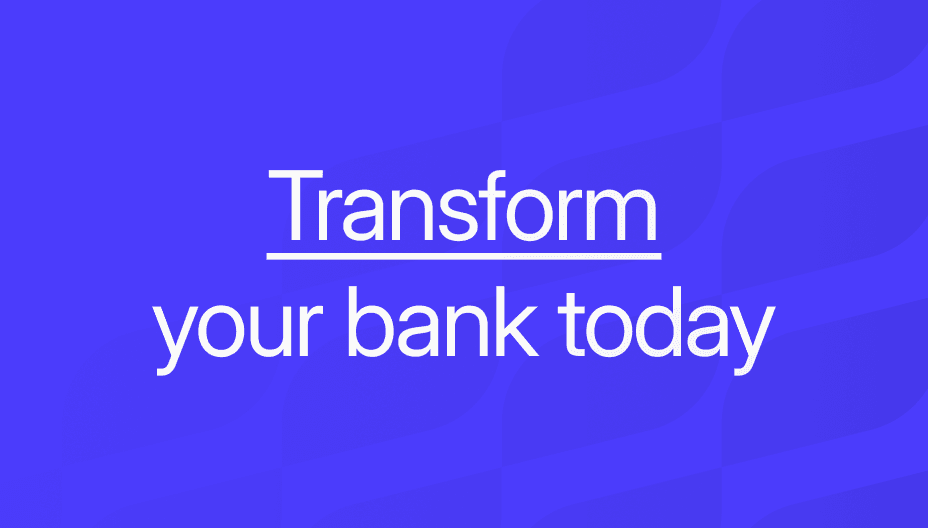
Get the monthly newsletter
Get the Finzly edge through our insights
